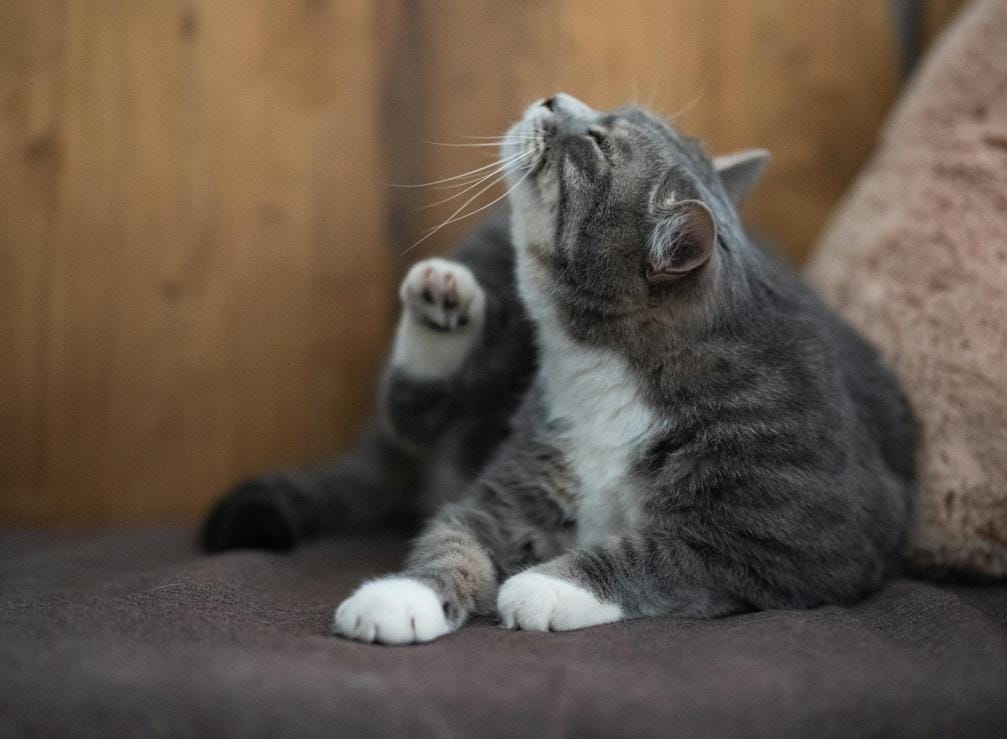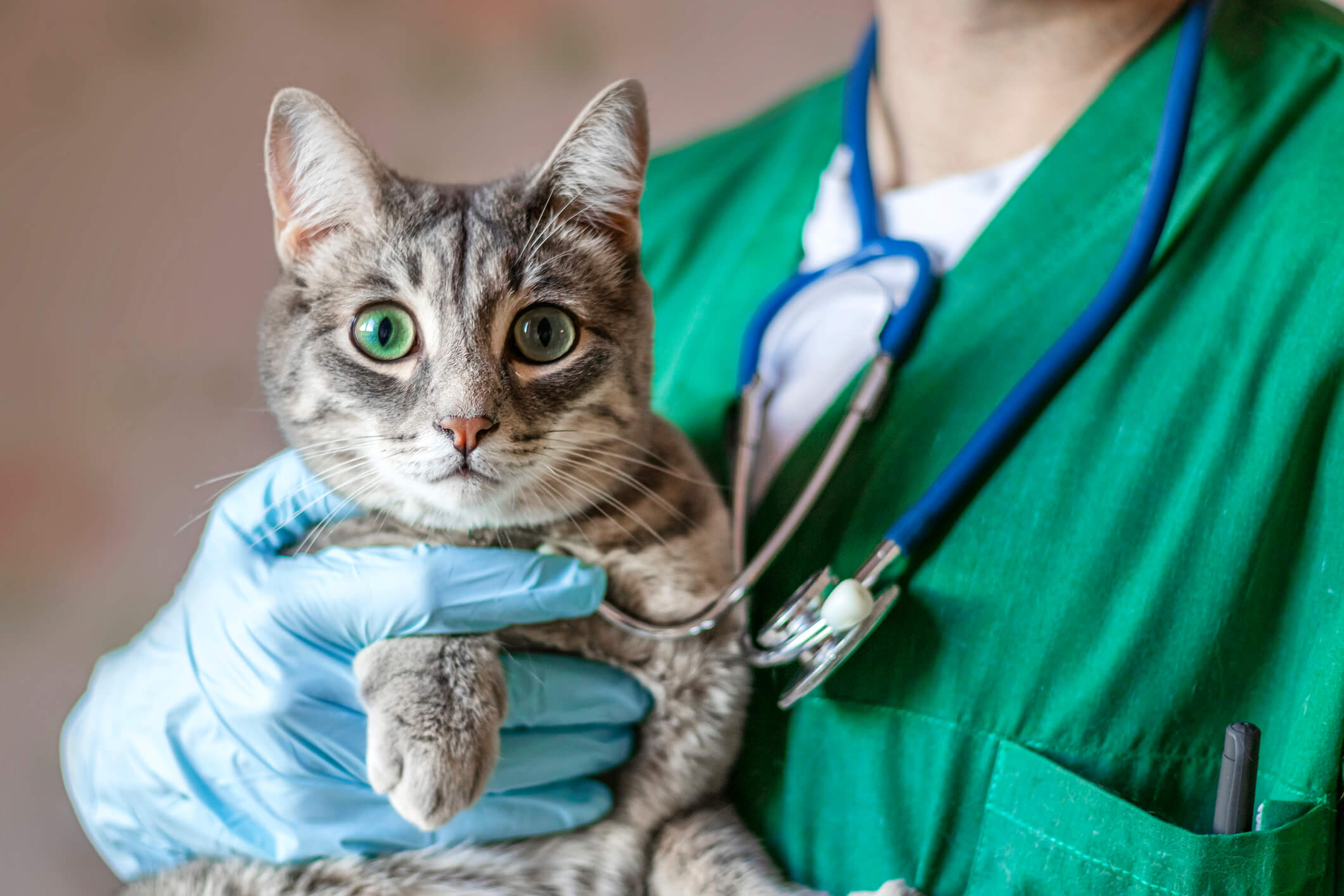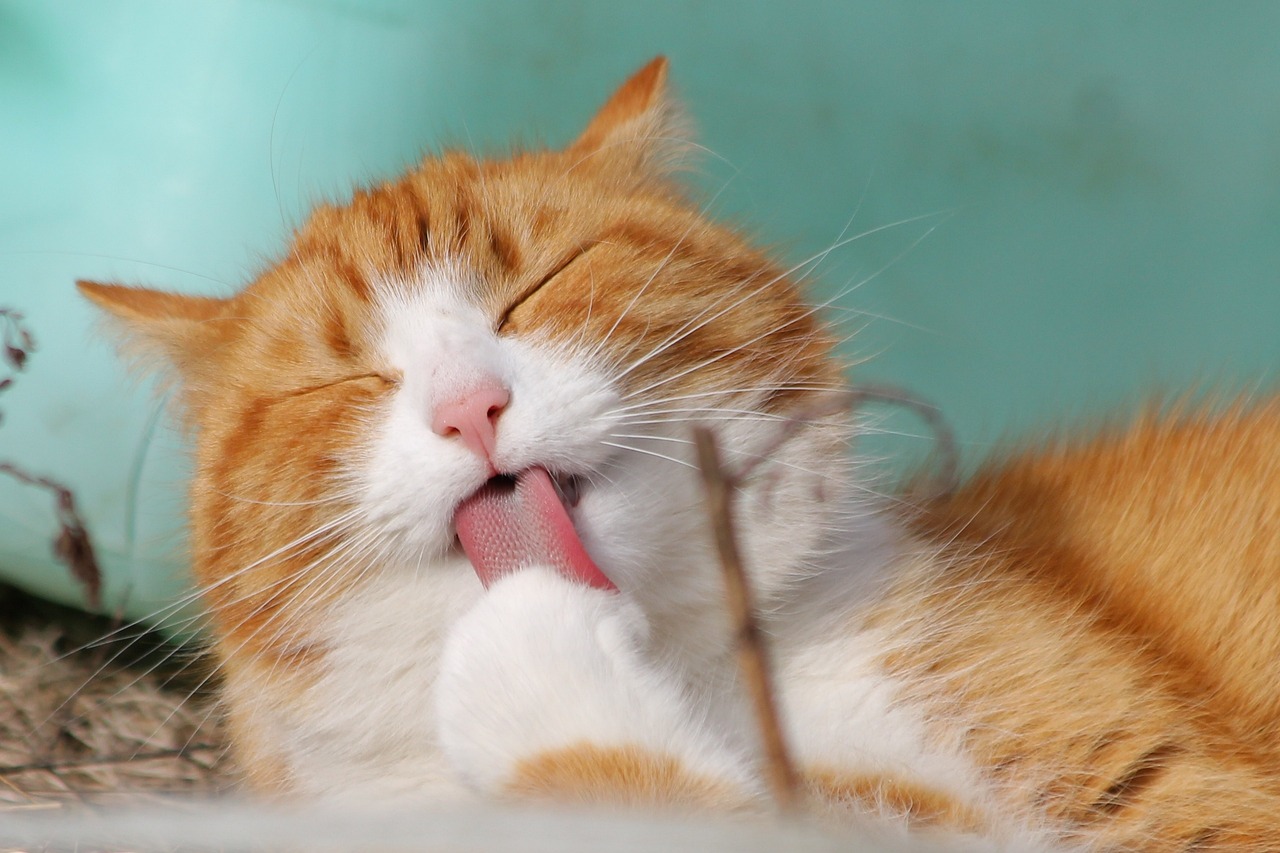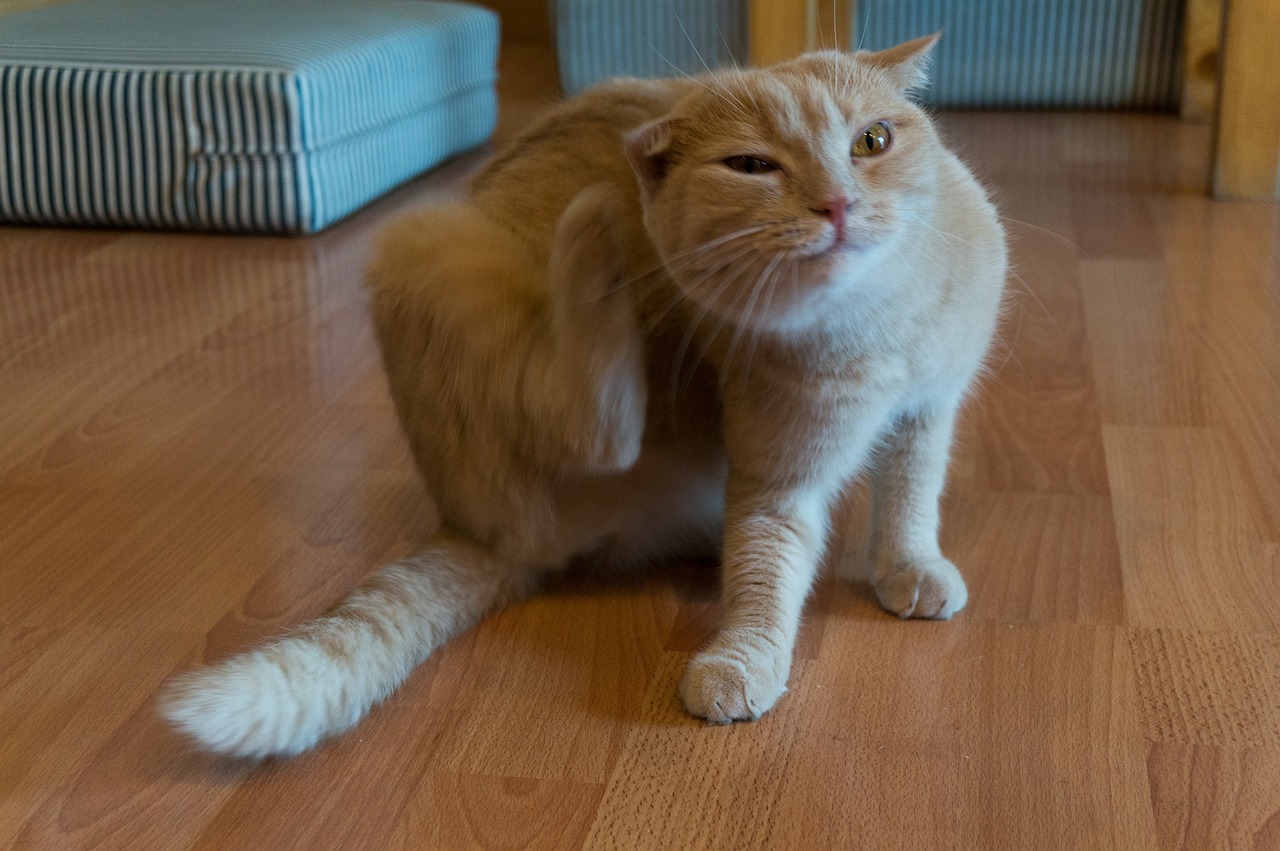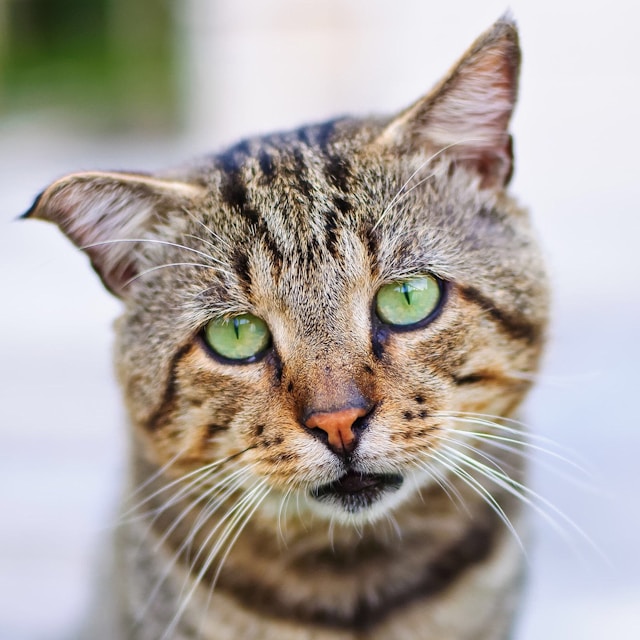Mixed Breed Cat
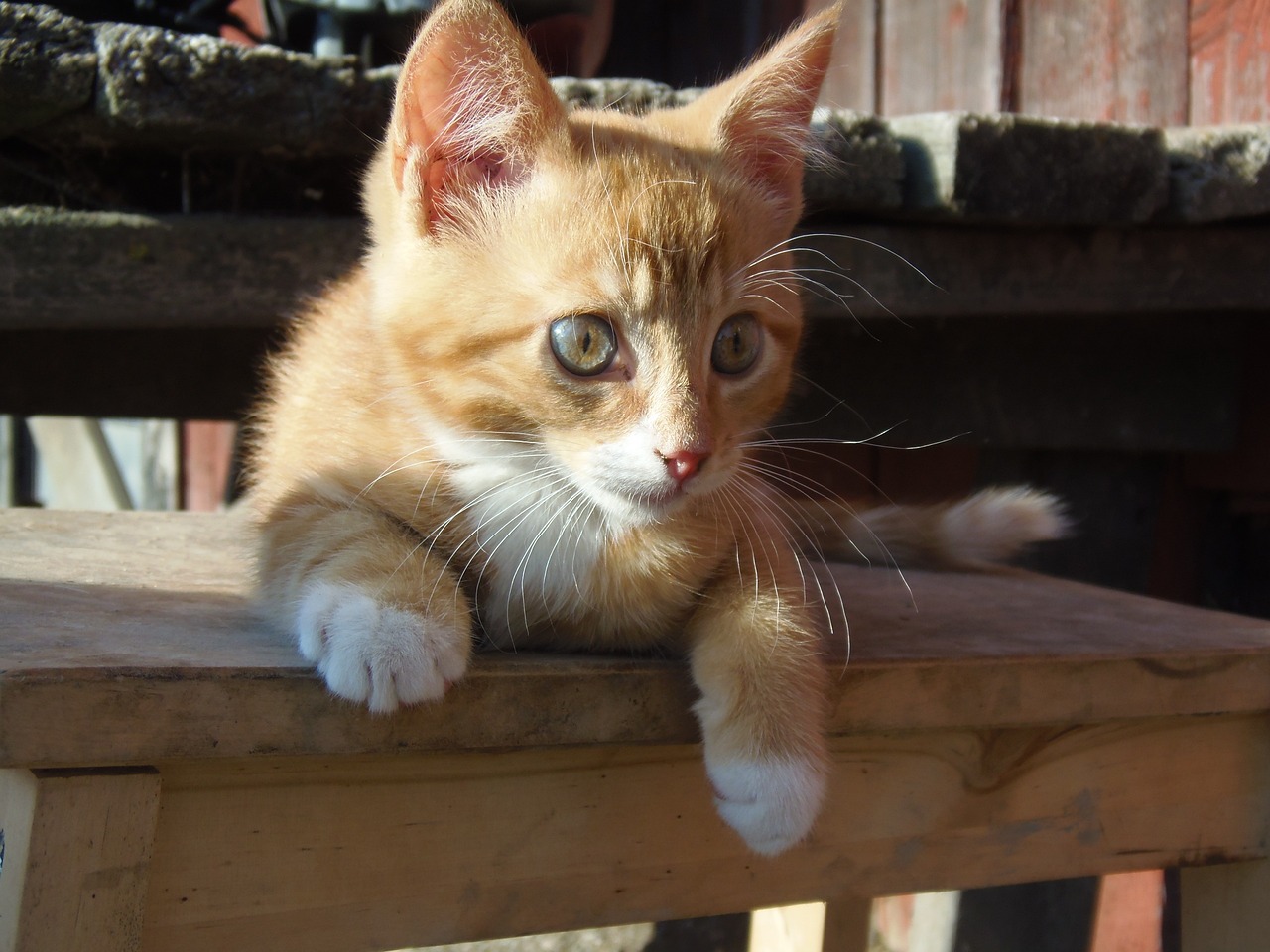
|
OTHER NAMES |
house cat, Moggy, domestic cat |
|
PERSONALITY |
mostly affectionate and friendly, even though some can be less outgoing, and activity levels vary |
|
WEIGHT |
up to 15 pounds |
|
LENGTH |
up to 25 inches |
|
COAT LENGTH |
short hair, medium hair, or long hair |
|
COAT COLORS |
standard colors include black, white, gray, and red (orange) |
|
COAT PATTERNS |
differs— tortoiseshell, bicolor tabby, colorpoint, calico |
|
EYE COLOR |
Green, blue, gold |
|
LIFESPAN |
up to 20 years |
|
HYPOALLERGENIC |
no |
|
ORIGIN |
Middle East |
Mixed Breed Cat Appearance
And because of this mix-and-match, these domestic cats can be found in all sizes, colors, and patterns.
Mixed Breed Cat Personality
The mixed background of these cats makes their diversified personalities excellent pets for the whole family. Some of these breeds' characters are calm and easy-going. At the same time, some can be reserved or exceedingly devoted to their human families. However, they are generally affectionate and friendly. They can get along with other people and animal pets, especially if socialized early.
Mixed Breed Cat Living Needs
These breeds love to explore, and providing them with areas in your house to walk or play will be best. And if taking them outdoors, you can take them in a pet stroller or teach them to walk on a leash.
You can keep them warm with heated cat beds during cold weather, especially if your cats are older or suffering from arthritis.
Create cozy hiding spots for your cat with boxes, bags (without handles), and cubbies. These give them privacy during naps and a place to escape from dogs or young children.
Mixed Breed Cat Care
As with all the cat breeds, these cats require regular care and grooming to maintain their overall health. Brushing them once a week and more frequently during the shedding season is essential. Even though they are good at keeping themselves clean, they also need a bath occasionally. Trimming their nails and brushing their teeth are also vital in keeping them healthy.
Mixed Breed Cat Health
These cats' health conditions are generally healthy and less prone to specific health diseases. Owners of mixed breed cats need not worry but ensure a proper diet and enough exercise.
Mixed Breed Cat Exercise Requirements
To prevent untoward behaviors, be sure to give them sufficient exercise. Provide your cat with lots of space for playing and climbing. You can also train them on a leash when walking outside to keep them active and getting daily exercise.
Mixed Breed Cat Training
When it comes to training, it's best to start when your pet is young, and positive reinforcement is the way to go. This means using rewards and encouragement to teach your kitty the rules without making them feel scared, anxious, or uncomfortable. Setting boundaries early can help ensure your cat understands acceptable behavior and what's not. Proper socialization lets your pet get along nicely with anyone they meet.
Mixed Breed Cat History
These cats can be found worldwide because they have a long history of mixed ancestry. They've been companions and helpers to families for a long time. They even arrived in America on ships with the early settlers, including the Mayflower. They played a significant role in the new world. Initially, they helped keep rodents away for pioneers and shopkeepers, but soon, they became popular family pets.
Mixed Breed Cat Fun Fact
Moggies are the most common type of cat you'll find in UK homes. They can live in almost any place where people reside. Because each mixed-breed cat has a unique family tree, there are no specific traits or looks you can expect from them. They all have their charm.
Mixed-breed cats are versatile and can thrive in various living conditions. Whether hot or cold, a small apartment or a big house, city life, or farm living, these cats adapt well and make the most of any situation.
Interestingly, house cats, including moggies, tend to live longer than many purebred cats, with an average lifespan of 14 to 20 years.
Get insurance plans with wide-ranging coverage options








